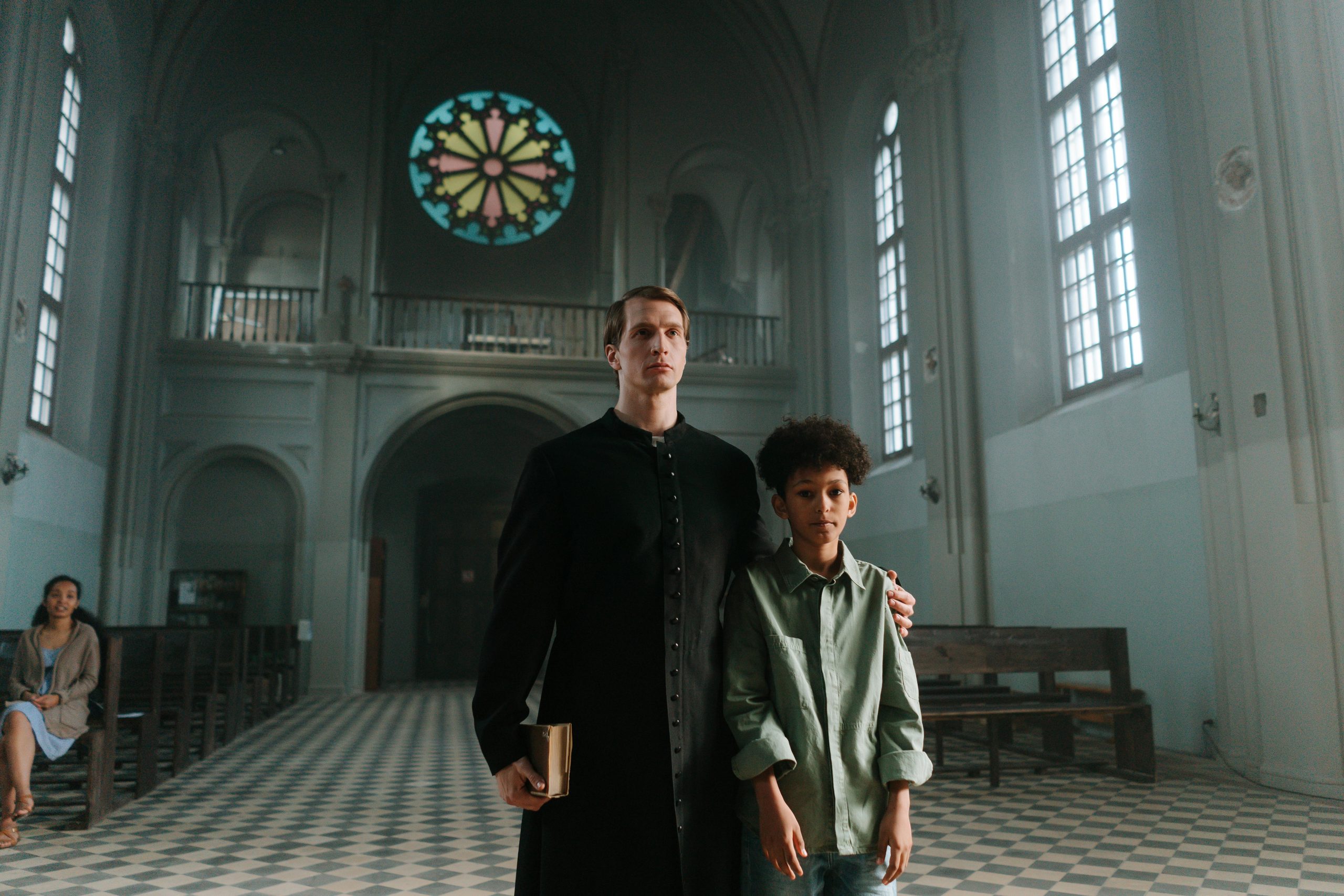Are Nations More United Than We Realize? Examining Wars as Instruments of Change and Control
In an increasingly interconnected world, the complexities of national unity and identity prompt us to ponder the deeper connections among countries. While it’s easy to assume that nations operate independently, recent historical patterns suggest that what we perceive may not reflect the underlying reality. In this post, we will explore the idea that nations might be more unified than we think and investigate the potentially darker role of warfare as a catalyst for systemic change and a means of population control.
The Illusion of Division
At first glance, national borders define separations that characterize our global landscape. Cultural, political, and economic differences often suggest that countries function in silos. However, a closer analysis reveals a web of interdependence. Globalization, technological advancement, and communication have blurred the lines, leading to shared challenges and cooperative solutions. Issues like climate change, health pandemics, and terrorism require international collaboration, thereby highlighting a commonality that transcends borders.
Consider the contributions of international organizations such as the United Nations, European Union, and World Health Organization. These entities illustrate that nations often work together to address collective concerns, fostering unity in the face of shared crises. As we navigate the complexities of diplomacy and international relations, it’s vital to recognize that collaboration can redefine our perception of division.
The Role of Conflict
Despite this growing interdependence, conflict remains an unfortunate element of international relations. Are wars merely the result of competing national interests, or do they serve a more strategic purpose? Historically, wars have been used as instruments of systemic change, instigating shifts in political structures and social order. For instance, the aftermath of World War II led to the establishment of several international systems aimed at promoting peace and stability.
Moreover, warfare frequently impacts population dynamics profoundly. During times of conflict, governments may implement measures that affect the demographics, economic stability, and social fabric of their nations. Forced displacement, changes in governance, and social unrest often follow in the wake of military action, ultimately reshaping how communities engage with one another. As alarming as it may sound, these dynamics can serve the interests of those in power, leading to questions about the ethical implications of war as a tool for societal control.
Understanding Global Interconnections
The interconnectedness of nations and the role of warfare highlight the necessity for a nuanced understanding of global affairs. While conflicts may temporarily fracture relationships, they can also prompt nations to reconsider alliances and reinforce their



